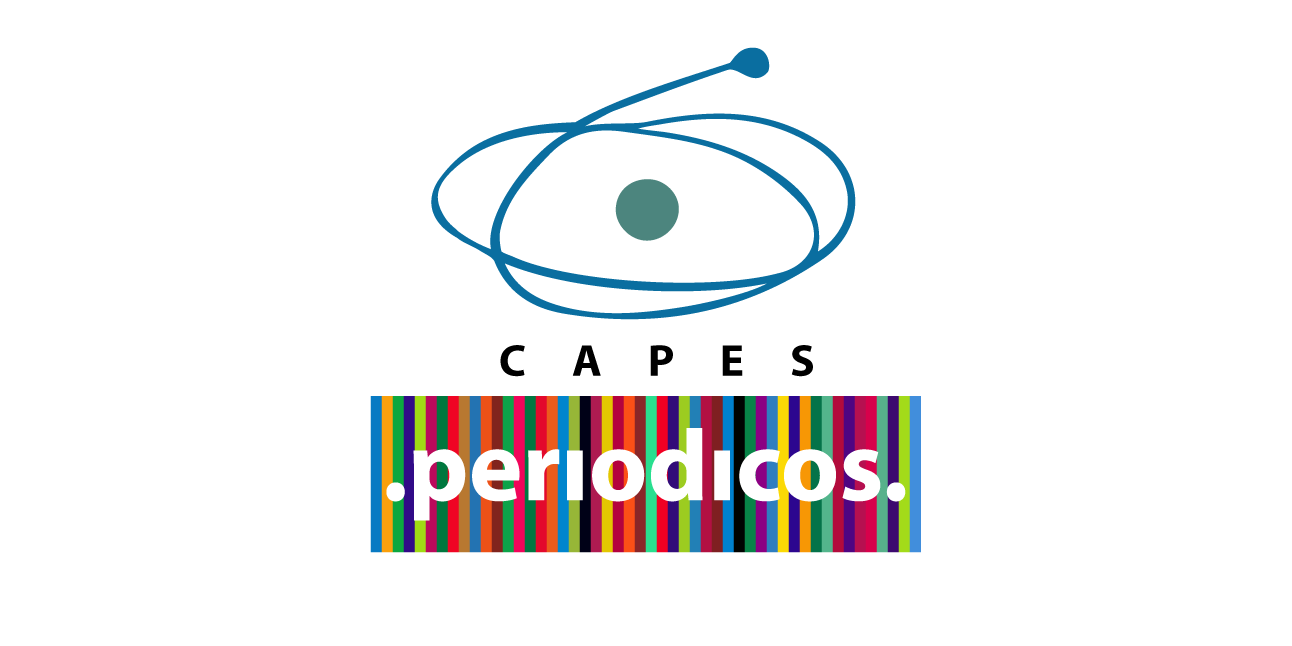Cidadania e Direitos Humanos Citadinos: A Perspectiva do Empoderamento Social
Palavras-chave:
Cidadão, Alteridade, Espaço Urbano, Empoderamento SocialResumo
A compreensão do verdadeiro sentido da cidadania é um processo complexo, tendo em vista a habitualidade com que o meio social e mesmo o meio acadêmico lidam com esse vocábulo. É necessário, portanto, utilizar o método de sistematização para tentar vislumbrar a amplitude e significação correta desse valor, indispensável para o entendimento do espectro dos direitos políticos, como também dos direitos civis, individuais e sociais, conforme as novas acepções, advindas de uma mudança paradigmática no Direito, que passa a reconhecer na cidadania um processo de autoidentificação dos indivíduos entre si e com o Estado. Através do método dedutivo, da pesquisa bibliográfica e legislativa, objetiva-se entender de que forma a alteridade pode ser utilizada como valor norteador da cidadania e da efetivação dos direitos humanos citadinos, já que o espaço urbano é aquele no qual as relações intersubjetivas entre administrados e seus semelhantes e com a Administração é mais evidente. Conclui-se que o empoderamento social e a aquisição de capital social são a forma mais eficaz para se elaborar uma teoria geral dos direitos humanos citadinos, que possa retirar a cidadania do plano legal e torná-la palpável no plano fático.Downloads
Publicado
2014-05-06
Como Citar
Oliveira, J. M. S. F., & do Nascimento, L. C. (2014). Cidadania e Direitos Humanos Citadinos: A Perspectiva do Empoderamento Social. Iniciação Científica Cesumar, 16(1). Recuperado de https://periodicos.unicesumar.edu.br/index.php/iccesumar/article/view/3400
Edição
Seção
Publicações Temáticas
Licença
A Revista se reserva o direito de efetuar, nos originais, alterações de ordem normativa, ortográfica e gramatical, com o intuito de manter o padrão culto da língua, respeitando, porém, o estilo dos autores. As opiniões emitidas pelos autores são de sua exclusiva responsabilidade.Juntamente com o e-mail de aceite (para casos de aprovação) será encaminhado modelo da Carta de Direitos Autorais que deverá conter o nome completo dos autores, bem como dados de documentos pessoais e assinada por todos os autores e coautores envolvidos no trabalho.
Autores mantém os direitos autorais e concedem à revista o direito de primeira publicação, com o trabalho simultaneamente licenciado sob a Licença Creative Commons Attribution CC-BY-NC que permite o compartilhamento do trabalho com reconhecimento da autoria e publicação inicial nesta revista.






